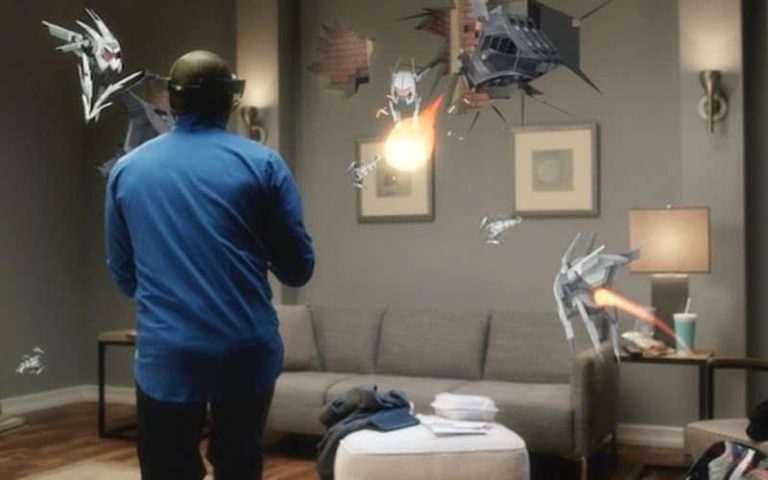Want to know the future of Virtual Reality (VR) and Augmented Reality (AR)? Take it from the former head of Xbox. Robbie Bach, former Chief Xbox Officer, recently offered his opinion on how the new trend of the gaming world will fare in the years to come. And it doesn’t sound like a straight line.
“None of this is about the technology, it’s all about the experience. So if the experience is spend a lot of money, look goofy, have 15 cool moments and not have anything after that it’s going to be a cool hot fad and things won’t go anywhere,”
During his 22 years working at Redmond, Bach has overseen the creation of Microsoft’s gaming platform, the Xbox, which became one of the behemoths in the gaming world. The guy certainly knows a thing or two about building a new platform and seeing it to humongous success, which is why his opinion of why VR and AR still has a ways to come before they became the new big thing in gaming matters.
To be fair, it’s easy to see that, despite the myriads of manufacturers and game developers pouring money and effort into it, VR in particular is still very much nothing but a fad, let alone AR whose only big player right now is Microsoft. The reason, Bach alludes, is due to the hardware cost needed to have a proper experience (the Oculus Rift, for example, needs quite some computing power on top of the headgear’s cost). The “goofiness” associated with the devices themselves and people using them is also a problem according to Bach. In other words, the appeal stops short at hardcore gamers who can appreciate a new gaming experience independent of other factors; not so much for mass adopters, who need a simpler, cleaner experience.
“But I think it’s entirely unclear today whether people are going to get the experience right. And that ‘s not a knock at anybody, it’s just that we’re at a stage where things are unclear.”
Another big problem hampering mainstream adoption of VR and AR is the lack of “content that comes from outside of the gaming space” (ironically, Microsoft itself almost drove its Xbox brand to the ground by switching focus from gaming for its newest console in the beginning.) Microsoft has shown enough with its HoloLens to give AR an advantage in this regards, but there are still very few applications for VR outside of entertainment, chiefly gaming. Facebook’s purchase of Oculus raises hope and fear of a new “virtual society”, but even that is decidedly years away, and its existence may be determined by how the technology is currently adopted.
Nevertheless, Bach agrees that there is great potential for these new platforms to be “a huge thing in gaming”; there are just a few challenging bumps along the way that will have to be addressed, which may take “two, three years out” more to reach the point of fruition. Whether Bach’s prediction becomes true or not, the gaming world has never been more exciting, and it’s never been a better time to be a gamer.


